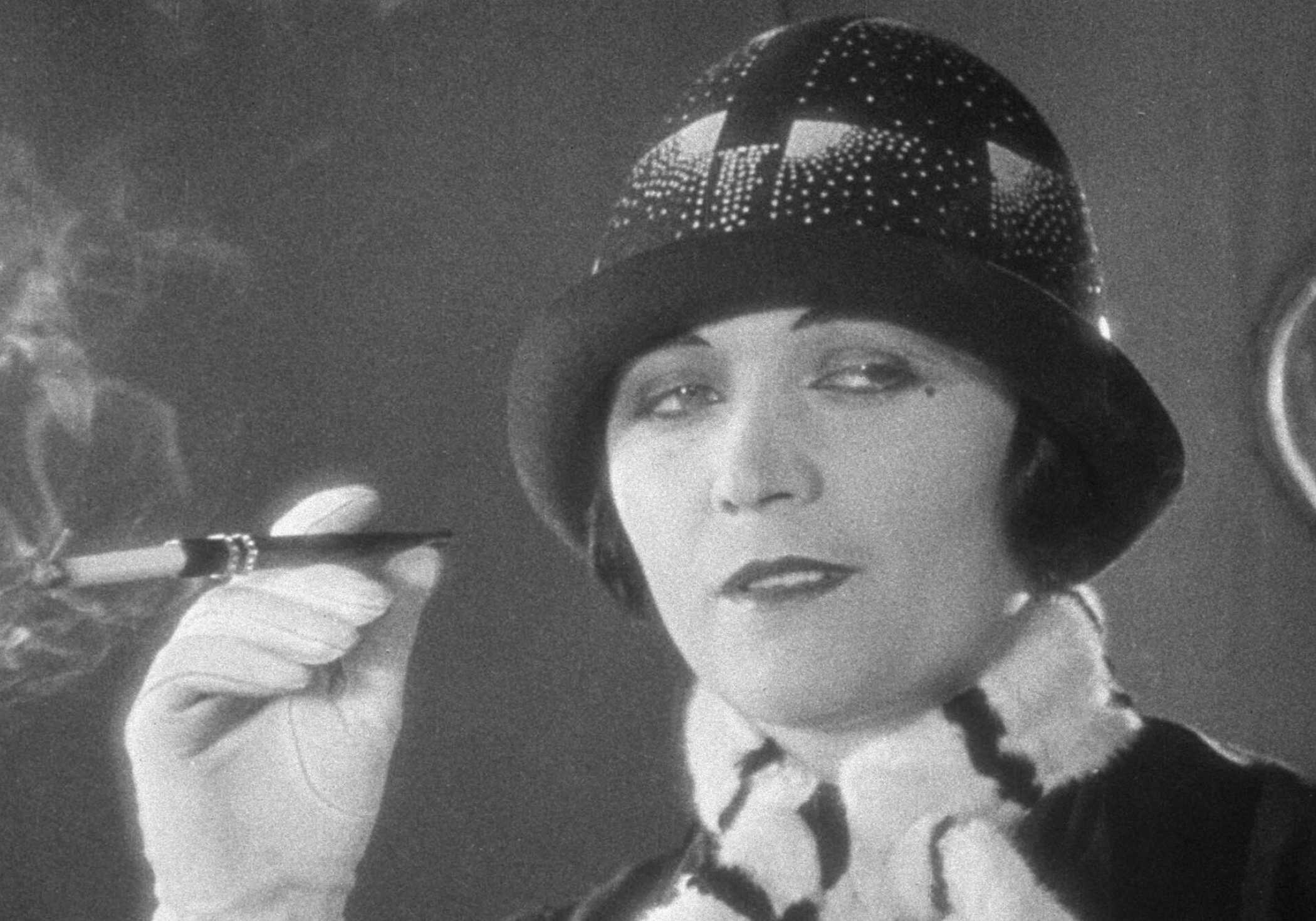Other
Our Fellows in the Spotlight : Elisa Uffreduzzi
10 March 2023

What is your project about and what are its objectives?
W.I.S.S.PE.R. - Women’s Impact on Silent Screen PErformance Reloaded is a research project focused on the study of actresses-dancers in silent cinema and their contribution to screen-acting theory and practice.The principal aim of this research is to study the impact of migrating European actresses-dancers on screen acting, especially through their onscreen choreographic performances.The case studies on which this project focuses on are Stacia Napierkowska, Ileana Leonidoff, Pola Negri, Asta Nielsen and Alla Nazimova.
What is the expected impact of your project on society? According to you, how could your project contribute to society?
Studying the screendance performances of European migrating actresses, I hope not only to find the answers to my research questions, but also to contribute to the acknowledgement of a shared trans-national cultural heritage and to underline the role played by women in its production. How? The communication of the research results to the non-specialist audience is among the priorities of W.I.S.S.PE.R. and indeed through its website (https://wissperatulb.com) and the related social media accounts, I constantly try to “make visible” the women of the past and their work, in order to give a voice to the women of the present. In fact, the acknowledgment of the working women of the past and of their contribution to their society, is fundamental to create the conditions for the recognition of the women of the present and for those that will come tomorrow.
What kind of partnerships in research & industry are you looking for to make your project evolve?
W.I.S.S.PE.R. is currently implementing a collaboration with the Media Ecology Project, run by Professor Mark J. Williams at Dartmouth College (USA), to accomplish the screen-performance and choreographic analysis of selected films, by means of digital tools. This partnership also involves the Eye Filmmuseum (Amsterdam), which has provided a selection of high-definition film files of motion pictures starring the silent screen diva Pola Negri and Stacia Napierkowska, a famous actress-dancer of the silent era, now almost forgotten. Furthermore, an important asset of W.I.S.S.PE.R., is the organization of an outreach event, in partnership with the Cinemathèque Royale de Belgique / Cinematek.
Why did you decide to apply to Cofund IF@ULB? How do you expect the experience will contribute to your personal and professional growth?
I decided to apply to the Cofund programme IF@ULB since it constitutes a precious opportunity to work at Université libre de Bruxelles, a prestigious institution which cherishes international collaborations and aims at the development of a democratic and pluralistic society: all missions which are also at the core of my research project identity. Furthermore, I am strongly convinced that international mobility and interdisciplinarity are essential for the advancement of academic research and these features are undoubtedly prioritized by this programme. I am especially grateful for the chance to attend many trainings and webinars, some of which have been purposely designed for the scholars of this postdoctoral programme. These were an invaluable opportunity for learning and self-improvement, not only as a scholar, but also as a human being. Professionally, is no news that the Marie Skłodowska-Curie Actions are among the highest ranked opportunity of academic education and I expect this programme to give a significant boost to my academic career. Meanwhile I am certainly enjoying the rare opportunity to do research on a full-time basis, on a subject that I deeply care: the acknowledgement of women’s contribution to cultural production.
What are the achievements (both professional and personal) you are most proud of ?
Of course I am very proud to have obtained this fellowship, since it is very competitive and it gives me the opportunity to really have an impact on the society. Sadly enough, academic research - especially in the humanities - is often considered by the non-specialist audience as something distant and pretty “smoky”, as if it didn’t have a concrete effect on the society. Whilst through the website, the social media accounts and some events expressly addressed to non-specialist audiences, like kids, I really feel I can have an influence and “leave a positive sign” in this world, however utopian it may seem. This is my way to contribute for the development of a more equal and caring society and it’s certainly what I am most proud of.
Finally, what’s next for you?
This is probably the most difficult question to answer to and I do not have a definite reply. I can say that I hope to keep on doing research in film studies and that I am looking around to see and seize opportunities as they come out. Then, as the old song says, “what will be, will be”.
Find more about Elisa and her research here.

Elisa's project has received funding from the European Union’s Horizon 2020 research and innovation programme under the Marie Skłodowska-Curie grant agreement No 801505.
